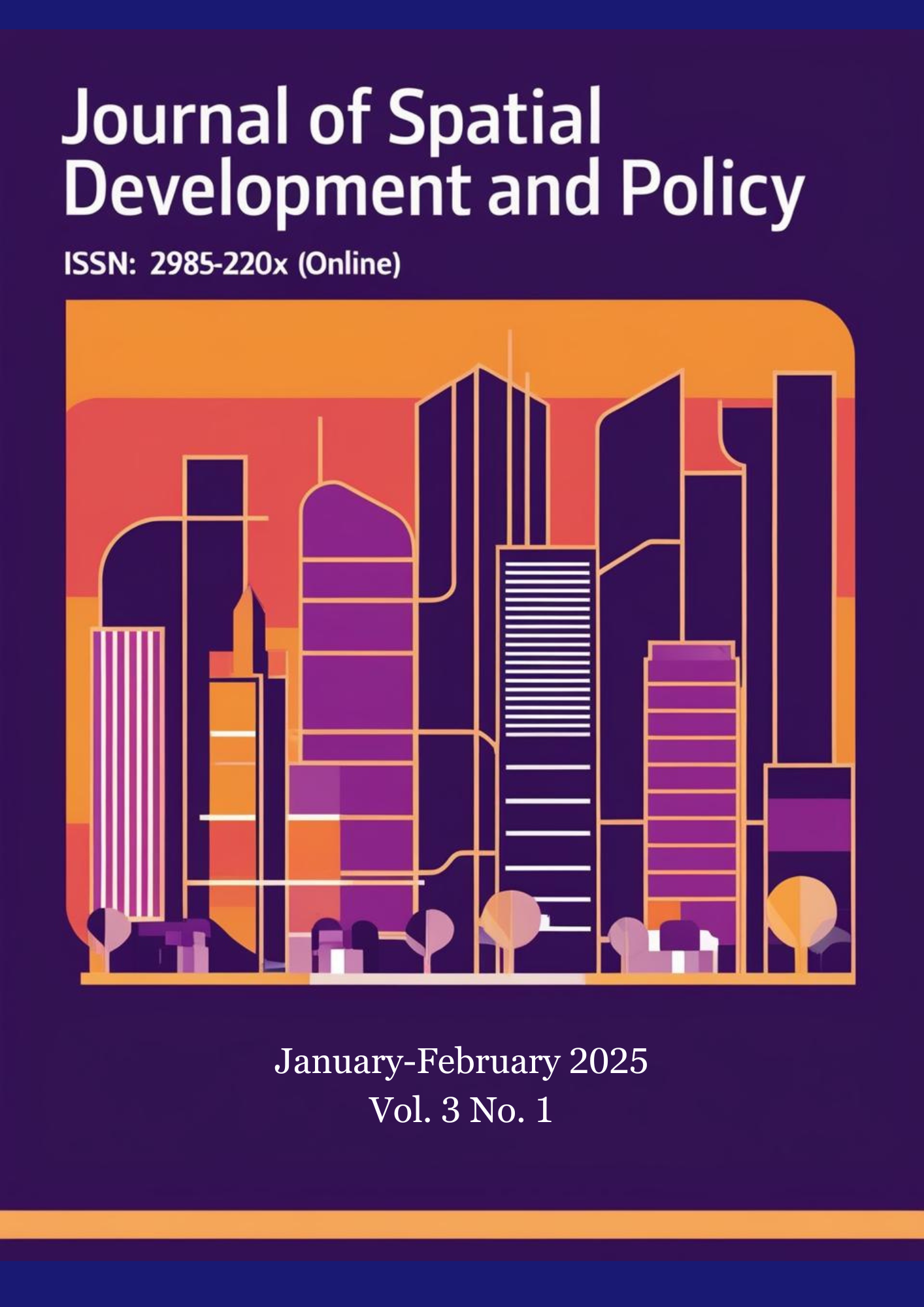Factors Influencing the Decision-Making Processes of Chinese Graduate Students to Study in Thailand: A Grounded Theory Approach
Main Article Content
บทคัดย่อ
This study investigates the motivations and decision-making processes of Chinese graduate students in selecting Thailand as their study destination, utilizing a grounded theory approach. Data were collected through in-depth interviews with 40 master's and doctoral students from Khon Kaen University and Chiang Mai University. The analysis revealed two primary categories of motivations: internal and external. Internal motivations include study impressions, individual experiences, career status, and future aspirations, reflecting personal growth and career development needs. External motivations encompass study abroad observations, environmental factors, policy frameworks, and social influences, highlighting the role of external conditions in shaping decisions. Findings indicate that external motivations, particularly the study abroad environment and policy support, play a dominant role in influencing students' decisions, while internal motivations focus on personal development goals. This research provides insights into the multifaceted nature of study abroad decisions and contributes to understanding the dynamics of international talent mobility. The findings also offer practical implications for policymakers and educational institutions in improving support for international students.
Article Details

อนุญาตภายใต้เงื่อนไข Creative Commons Attribution-NonCommercial-NoDerivatives 4.0 International License.
เอกสารอ้างอิง
Bamberger, A., Morris, P., & Yemini, M. (2019). Neoliberalism, internationalisation, and higher education: Connections, contradictions, and alternatives. Discourse: Studies in the Cultural Politics of Education, 40(2), 203-216.
Bui, H. T. N., Selvarajah, C., & Vine, D. G. (2021). Acculturation: Role of student-university alignment for international student psychological adjustment. Journal of Studies in International Education, 25(5), 546-564.
Chen, X. (2015). Critical application of grounded theory in Chinese education research. Peking University Education Review, 13(1), 2-15, 188.
Choudaha, R. (2017). Three waves of international student mobility (1999-2020). Studies in Higher Education, 42(5), 825-832.
Du, D. B., & Ma, Y. H. (2017). One Belt and One Road: A new way of global governance. Geographical Research, 36(7), 1203-1209.
Du, D. B., Duan, D. Z., & Xia, Q. F. (2019). A comparative study of Sino-US science and technology competitiveness. World Regional Studies, 28(4), 1-11.
Fakunle, O. (2021). Developing a framework for international students' rationales for studying abroad: Beyond economic factors. Policy Futures in Education, 19(6), 671-690.
Freeman, R. B. (2010). Globalization of scientific and engineering talent: International mobility of students, workers, and ideas and the world economy. Economics of Innovation and New Technology, 19(5), 393-406.
Ge, Y. (2020). The impact of China's international talent gathering on regional innovation: Analysis from the perspective of space. Science and Technology Management Research, 40(6), 32-41.
He, Y. (2020). A discussion on studying in Thailand from an economic perspective. Knowledge Economy, 12, 28-29.
HOU, C., DU, D., & DUAN, D. (2019). The evolution of the network structure of talent mobility in countries or regions along the" Belt and Road. Scientia Geographica Sinica, 39(11), 1711-1718.
Hou, C., Du, D., Liu, C., & Zhai, C. (2019). Spatiotemporal evolution of global talent mobility network based on the data of international student mobility. Geographical research, 38(8), 1862-1876.
Hou, C., Du, D., Liu, C., Gui, Q., Liu, S., & Qin, X. (2020). S patio temporal evolution and factors influencing international student mobility networks in the world. Acta Geographica Sinica, 75(4), 681-694.
Lee, J. T. (2014). Education hubs and talent development: Policymaking and implementation challenges. Higher Education, 68(6), 807-823.
Liu, H. X., & Fang, J. X. (2011). A study on the motives of the new generation college students going abroad for further education: An in-depth interview analysis of seven college students from Beijing universities who intend to study abroad. China Youth Study, 7, 86-89.
Liu, W. D. (2015). Scientific understanding of the Belt and Road Initiative of China and related research themes. Progress in Geography, 34(5), 538-544.
Liu, Y., Shen, J. F., & Liu, Y. Q. (2013). Transnational mobility of the highly skilled: A review. Human Geography, 28(2), 7-12.
Ma, H. T., & Zhang, F. F. (2019). Literature review on the impetus and influence of talents mobility between countries and regions. Economic Geography, 39(2), 40-47.
Raghuram, P. (2021). Interjecting the geographies of skills into international skilled migration research: Political economy and ethics for a renewed research agenda. Population, Space and Place, 27(5), e2463.
Strauss, A., & Corbin, J. (1990). Basics of qualitative research: Grounded theory procedures and techniques. New York: Sage Publications.
Teichler, U. (2017). Internationalisation trends in higher education and the changing role of international student mobility. Journal of International Mobility, 5(1), 177-216.
Tian, H. R., & Gong, H. Y. (2023). Battle and bravery of postgraduate entrance examination: A grounded theory study of students taking multiple postgraduate entrance examinations. University Education Science, 5, 85-96.
Weiner, B. (1979). A theory of motivation for some classroom experiences. Journal of Educational Psychology, 71(1), 3.
Weiner, B. (1992). Human Motivation: Metaphors, Theories, and Research. London: Sage Publications.
Ye, H. (2020). Analysis of the degree education of international students from countries along the "Belt and Road": Taking the master's degree education of international project management of Shandong University as an example. University Education, 12, 4-7.
Yin, K., Wang, Y., Li, F. Q., Gui, M. L., & Zhang, Y. J. (2020). Analysis of the shift and motivation for studying in the United States under the background of mass higher education. Journal of World Education, 6, 48-51.
Yuan, S., & Zheng, W. (2023). Application and reflection of grounded theory in higher education research in China. Higher Education Exploration, 1, 44-50, 93.
Zhou, L., Lian, H., & Yuan, R. (2021). Empirical analysis of the impact of international labor inflow on innovation of the U.S.: On the enlightenment of attracting international talents to China. China Soft Science, 6, 53-63.

